Papua New Guinea’s Silence Sickness: Its Causes and PNGBlog’s Free Medicine To Cure the Disease
A SPREADING SICKNESS IN PNG
By PNGBLOGS
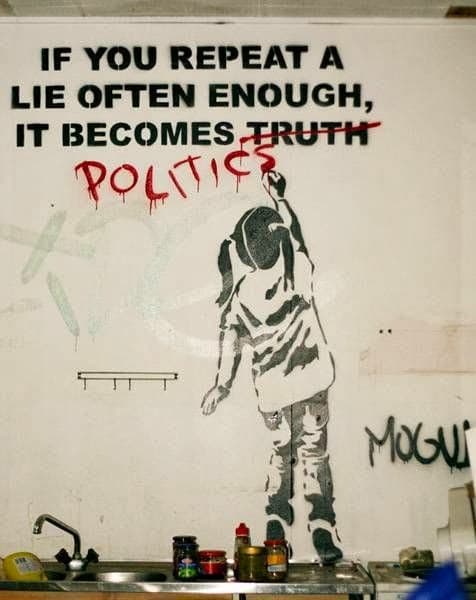
Recently on the Masalai Blog, former Prime Minister Mekere Morauta wrote a thought provoking article “No one is safe in PNG”. Sir Mekere has noticed that nearly everyone in PNG has become afraid to speak out. For example, a worker won’t speak out when they see the boss stealing because they’re afraid of losing their job or a promotion. An LLG leader won’t say anything negative about the government because they fear they might be denied development funds to use in their electorate. A wantok share their unhappiness about another wantok’s behaviour because they worry that their wantok will create problems for them.
These fears and worries have created a Silence Sickness that has spread throughout PNG.
ORIGINS OF THE SILENCE SICKNESS
What’s going on? Weren’t we taught in high school that speaking one’s opinion without fear or favour is a basic human right, guaranteed under the PNG constitution? There should be praise and respect for those who exercise this right strongly and responsibly, not fear and payback.
Actually, the “afraid to speak out” tendency occurs world-wide. It is strongest anywhere there is a small rural community composed of people living closely together with very few moving into or out of the community. If you live in such a place, you learn early on that it’s better not to complain in public too strong or long about someone else’s behaviour. They might take offence in a way that explodes into a dispute that disrupts the community. Also let’s not forget that it’s usually against traditional law to disagree with the village leader once they make a final decision. A few villagers won’t be intimidated by all this, but most will, including anyone who feels powerless.
This doesn’t mean that village people don’t show dissent and disapproval. They do. But on an everyday basis, they make their thoughts known subtly. Maybe they give disapproving looks, or they won’t turn up at village meetings called by those they disagree with. If they do speak up, they’ll probably do it in a tok bokis way that gets the message across indirectly.
HOW WESTERN SOCIETIES DEALT WITH THE SICKNESS
Western society was once dominated by such village communities and village ways of addressing disagreement and dissent. However, slowly and over many centuries, western society became urbanised. As this transition occurred, new ways eventually appeared which kept the “afraid to speak out” tendency from becoming a Silence Sickness that could paralyse the responsibility of citizens to keep the rich and powerful under control so that they didn’t become corrupt or too selfish.
Look at the western media all the very Sharp Tok and Sharp Piksa political cartoons. Look at the marches by thousands of demonstrators. You find people out in the street with loudspeakers educating everyone about an important issues, just like a street pastor would in PNG. All these techniques pressure business and political leaders to be accountable to the people and behave themselves. Such techniques were unnecessary in village environments but they are essential in today’s urban settings.
LACK OF MEDICINE IS CAUSING SILENCE SICKNESS TO SPREAD IN PNG
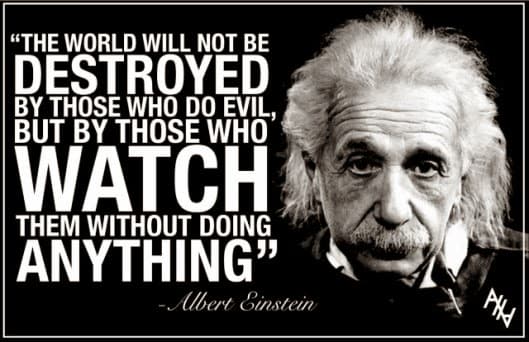
Even today, these effective urban techniques are hardly used in PNG. Most educated people may live in the towns and cities, but continue to use village ways of expressing dissent and disapproval. Let’s also not forget that over 70% of Papua New Guineans still live in villages, where indirect, traditional ways of putting pressure on village leaders still work.
Thus, we have a very strange situation today in PNG, where the corrupt have found techniques that work well in urban environments to build up their wealth and power, while the rest of us keep using ineffective techniques to keep them under control! Consider how the corrupt take advantage of today’s urban global environment to always win at this game:
- Anyone can avoid the shame of disapproving looks and whispered disapprovals by utilizing the urban environment to find new friends, a new job, or move to another town where they can better disappear inside the mass of urban humanity.
- A PNG rural community leader can steal the clan’s timber or mining royalties, then easily escape the anger of people back home by taking the first flight to the big city! Staying in a high class hotel and spending their ill gotten wealth on wine, women, and pokies.
- Today’s PNG’s leaders escape from any risk of shame or humiliation in the city by surrounding themselves by security guards and riding behind heavy tinted glass. When traveling overseas to their second home, they first hide in the Air Niugini VIP room, then enjoy a seat inside the curtained first class seating area of the airplane until they reach their destination.
Obviously it’s high time for educated people to act like they’re educated and find some ways that work to keep the corrupt under control. But PNG newspapers are behind too! For example, our newspapers never name powerful Papua New Guineans under suspicion of wrongdoing unless they’re first arrested (which is rare). Only a few weeks ago, we read for days about possible wrongdoings of “the principle of a leading law firm” but the newspapers wouldn’t publish his actual name: “Paul Paraka”. It was as if the newspapers were published in the village and doing a traditional tok bokis!
That’s not how media in urbanised western societies operate. They publish “alleged,” “allegedly,” or “suspected of” in front of the name of the accused to keep from being charged under defamation laws. Thus, an overseas newspaper would write in its first article: “Paul Paraka allegedly conspired with nearly two dozen lawyers to steal more K700 million over nearly a decade, according to the Department of Finance Inquiry that was leaked onto the internet, and is also under suspicion to have received K78 million on the direct instructions of Prime Minister Peter O’Neill”.
The above sentence would never be published in a PNG newspaper because the PNG media has the Silence Sickness too. It’s amazing that Peter O’Neill considers the PNG media critical at all!
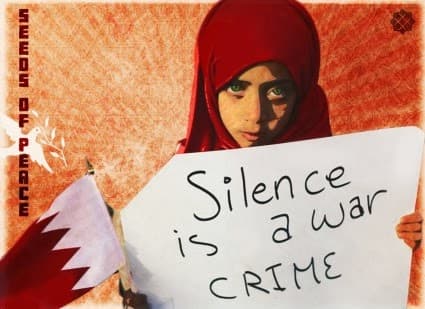
Many of PNG’s leaders and businessmen at all levels have grown to love the Silence Sickness. They do what they can to keep Silence Sickness alive and well. They support out of date defamation laws, threaten the media with lawsuits and threats of nationalisation, threaten internet service providers with censorship, and spread the word that there’s a heavy price to pay for anyone who speaks out too loudly or too effectively against what the corrupt are doing.
While the PNG corrupt are spreading the Silence Sickness, nearly everyone else doesn’t even try to escape the disease. Probably very few realize that getting the disease helps the scoundrels in our society grow richer, more powerful and more corrupt. An environment offering total freedom from accountability would have been almost unimaginable in traditional society, even for the bigman. Yet, today the Silence Sickness has created a paradise in PNG for the scoundrels, who feel free to do almost anything they want. Once tasting forbidden fruit, the want to keep eating without suffering the people’s wrath. Even honest leaders usually find it impossible to resist the temptation once they’re selected by voters to enter this modern day Garden of Eden.
The ultimate solution to corruption in PNG is not the corrupt PNG government, its corrupt courts, corrupt lawyers, or corrupt police. Even a few activists like Sam Koim won’t improve things for long. Nothing will improve in a lasting way until everyday people start holding both business and political leaders of all kinds accountable in ways that work. The voice of everyday educated people in PNG must become loud, powerful and numerous enough to frighten leaders into acting responsibly. In dictatorships, everyday people fear their leaders. In a democracy, shouldn’t it be the other way around?
FIRST MEDICINE TO TAKE FOR THE SICKNESS
Curing PNG’s urbanites of the Silence Sickness won’t happen in big steps. It needs small changes. Here are the first 10 recommended steps:
Recommended Steps 1, 2, 3 4, 5, 6, 7, 8, 9 & 10: Speak out anonymously if you are too afraid to speak out showing your face and name.
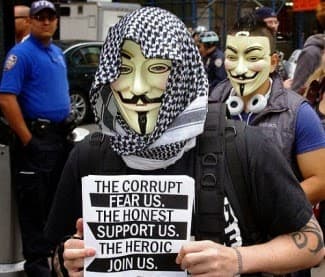
In societies where everyone enjoys high protection of free speech and high levels of education, why would you speak from the darkness unless you’re timid as a mouse? But in societies like today’s PNG, where a few very rich and powerful people have gotten control over a mostly powerless population, any powerless person standing up alone and speaking out against powerful opponents is essentially committing suicide. Sir Mekere Morauta, Sam Basil, Gary Juffa, and Beldon Namah have little need to be worried because they already have enough power to protect themselves. Not so for the rest of us – we don’t feel we even have enough power to protect ourselves from a vindictive boss! Power is the best medicine to cure the Silence Sickness but few of us can afford that medicine. What other medicine is available?
What is available is a medicine called Anonymity. Anonymity has been a tool to fight corruption and oppression all over the world. Arab spring activists used it on the internet far more than it is used in PNG.
There are many ways to take Anonymous medicine: Send letters to newspapers signed with a pen name, write anonymous web sites and blog articles (like this one), post anonymous comments in response to blog articles, call in anonymously to voice your opinion on PNG talkback radio, spray political graffiti all over Port Moresby, and post up information about corrupt people and activities on all the power poles, or photocopy this blog article and anonymously put it onto the desks of all your co-workers next week. Such devices, carried out by enough people long enough, are guaranteed to create a voice strong enough to frighten the corrupt. The corrupt know that combined citizen voices, anonymous or not, are a clear sign of growing power. Don’t worry, they’ll feel threatened. Over time, as citizens take back the power the corrupt leaders stole, this process of empowerment will automatically motivate more people to speak out by name and by face. The anonymity medicine will no longer be necessary.
DECIDING WHETHER TO CURE YOURSELF OF SILENCE SICKNESS
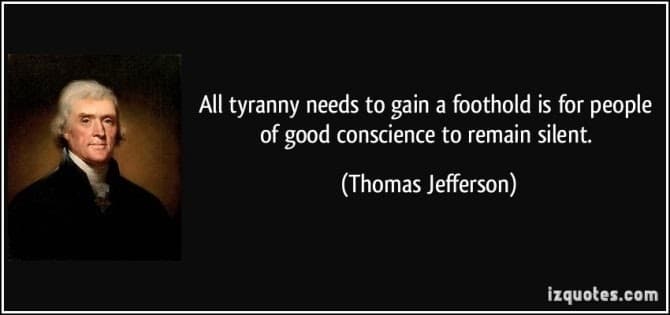
If you really want to cure your Silence Sickness, start here and now. With some exceptions, most articles get only three, two, one, or no posted comments. How can that be when we can all see that on its Facebook site alone, PNGBlogs has over 600 members? This same phenomenon is seen on the Act Now PNG site and nearly every other PNG blog. There are hundreds, if not thousands of readers of these blogs, yet looking at all of 2013, hardly anyone even made one comment.
This is especially strange on sites like PNGBlogs and PNG Exposed since they provide Anonymity medicine that lets anyone write an article with a pen name or post a comment anonymously. Yet for some reason nearly all readers won’t use that free medicine. Apparently they prefer to stay sick!
A person can be told about a medicine and where to get it, and even have it brought to them at their bedside. Nevertheless, in the end the sick person themselves must open their mouth and swallow the pill. On Masalai Blog “Doctor” Mekere made us aware Silence Sickness is in PNG. Nurse I.M. Speechless has now explained some of the symptoms and causes, suggested the best medicine and where to get it. You have also become informed that the Evil Corruption Epidemic will continue to spread as long as the Silence Sickness affects our minds.
Are you going to try the medicine that can start you on the way to curing your illness?
